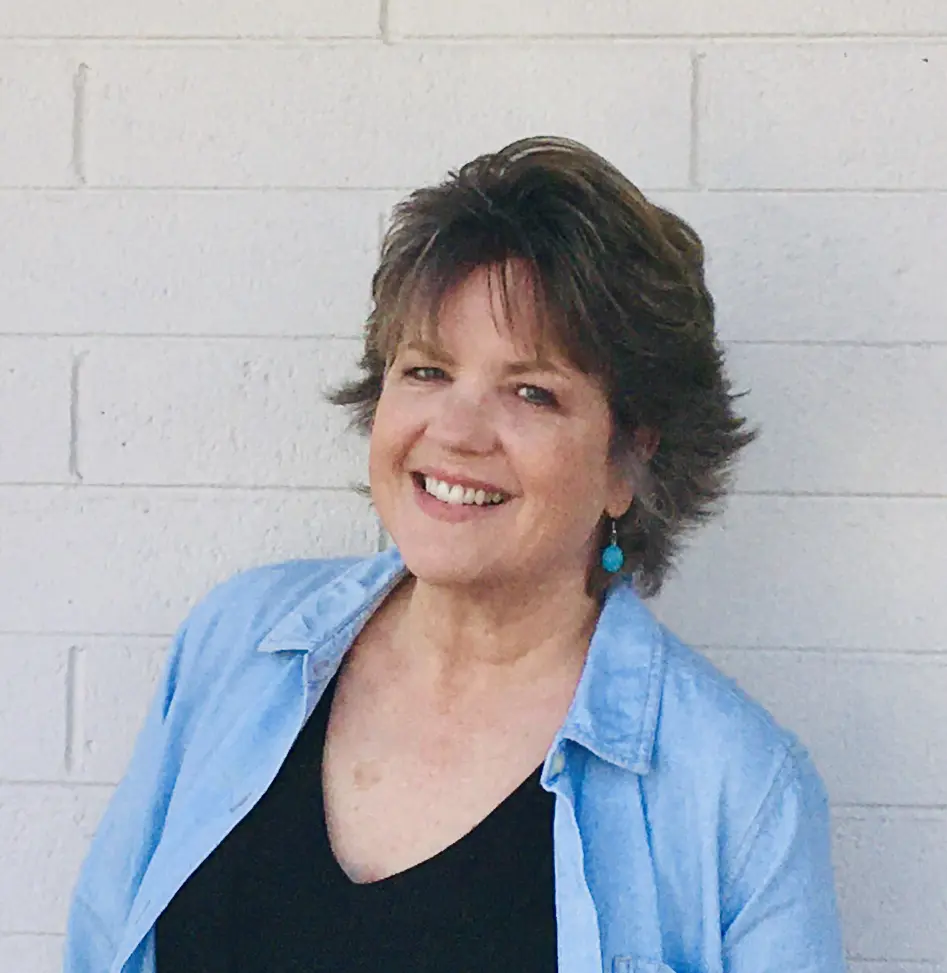I watched as the old mule made one last pass across the field below my Grandmother’s house. Damp earth turned beneath the plow and I knew buried treasure would soon be exposed. My brother and I looked at one another in anticipation. It was the second half of the twentieth century, but at the moment, we existed in a strange time warp created by the isolation of the Blue Ridge Mountains of Virginia. Protected from change and insulated from the rest of the world, my Grandmother still used a mule for plowing and made her living from a small apple orchard on the side of a mountain. As soon as the mule was finished, we took our brown paper bags and raced across the field picking up large shards of Native American pottery, arrowheads, grindstones, and pieces of flint. The native population was long gone, a simple plow exposed the treasure buried beneath. My Grandmother cultivated that field every spring and every spring we ran across the narrow rows looking for precious treasure. We were never disappointed.
Cultivate Boundaries
I thought about my childhood and the way that plow cut through the dirt getting the ground ready for my Grandmother’s garden. In order for the holidays to be what we hope for, trauma survivors must cultivate the soil of their thoughts, emotions, and actions with boundaries. Knowing where you begin and end creates a sense of self and a structure upon which you can rely, not only for the holidays but for life in general. Boundaries prevent you from being swallowed by the family system. Boundaries give you the power to take action. Whether that is to go no contact altogether or to be able to be around relatives without being triggered.
Cultivate a Sense of Place
As boundaries help you step out of the old family system, it’s time to cultivate a new sense of place. You get to write the story of your life. Harness uncontrollable emotions and negative thoughts just like my Grandmother harnessed that old mule. No longer do you have to play a role assigned to you by dysfunctional and abusive people. You get to decide your place in the family and your place in the world. In a way, cultivating a sense of place means coming home to yourself.
Cultivate Meaning
One of the things childhood trauma most destroys is a person’s sense of meaning; their purpose. Families are supposed to provide that and serve as a launching pad into adulthood. Without that, life feels meaningless and isolated. Spiritual life is often a part of our abuse and survivors aren’t able to find refuge, even there. Cultivating a new system of meaning is a large part of the healing journey and one that will transform your holiday.
There is buried treasure to be found in the holidays if we will spend time cultivating boundaries, a sense of place, and meaning. Ebenezer Scrooge and George Bailey both went through the process. Take a moment to watch “A Christmas Carol,” or “It’s A Wonderful Life,” this season and witness the characters’ lives being transformed. You are important and what you do with this season of celebration is important. Maybe more than you realize. Defy trauma, and embrace joy.
-To receive a FREE trauma-informed newsletter, video, and worksheet every Friday, sign up at: DefyTraumaEmbraceJoy.com
Guest Post Disclaimer: Any and all information shared in this guest blog post is intended for educational and informational purposes only. Nothing in this blog post, nor any content on CPTSDfoundation.org, is a supplement for or supersedes the relationship and direction of your medical or mental health providers. Thoughts, ideas, or opinions expressed by the writer of this guest blog do not necessarily reflect those of CPTSD Foundation. For more information, see our Privacy Policy and Full Disclaimer.

Rebekah Brown, a native of the south, now resides in the Great American West. Surviving a complicated and abusive family system makes her unique writing style insightful as well as uplifting. Rebekah is the proud mother of two and grandmother of four.




Worst advice ever to watch “It’s a Wonderful Life.” The point of that movie is as long as you have your spouse, children, lifelong friends, hometown etc you will be happy. For those of us who moved endlessly in childhood, have no spouse, children or lifelong friends etc it tell us our life is meaningless. GARBAGE. That’s one outdated (in my opinion) existence, but there are a myriad of others. Our life has meaning even if we have no one in our corner.
And it pushes the pronatalist/ must be partnered agenda. For those childless or partnerless not by choice, the suggestion above is rot. It’s not your fault. You count just as much as George or this person want you to believe. It’s not 1939 – it’s a century past that world and life.
Dear JP,
Thanks so much for taking the time to read the article. Your comments help me to see what is a comfort to one person is a terrible trigger to another. For me, “Wonderful Life” was about the deeper meaning of life and that success is not measured by material wealth. I too was rejected by family but did not see the movie the same way you did. Very enlightening. It’s hard to find a holiday movie that isn’t triggering. I was trying to suggest ways to find something benign. I guess the answer is take suggestions and run it through your own experience. What doesn’t work, toss out. Again, thanks.